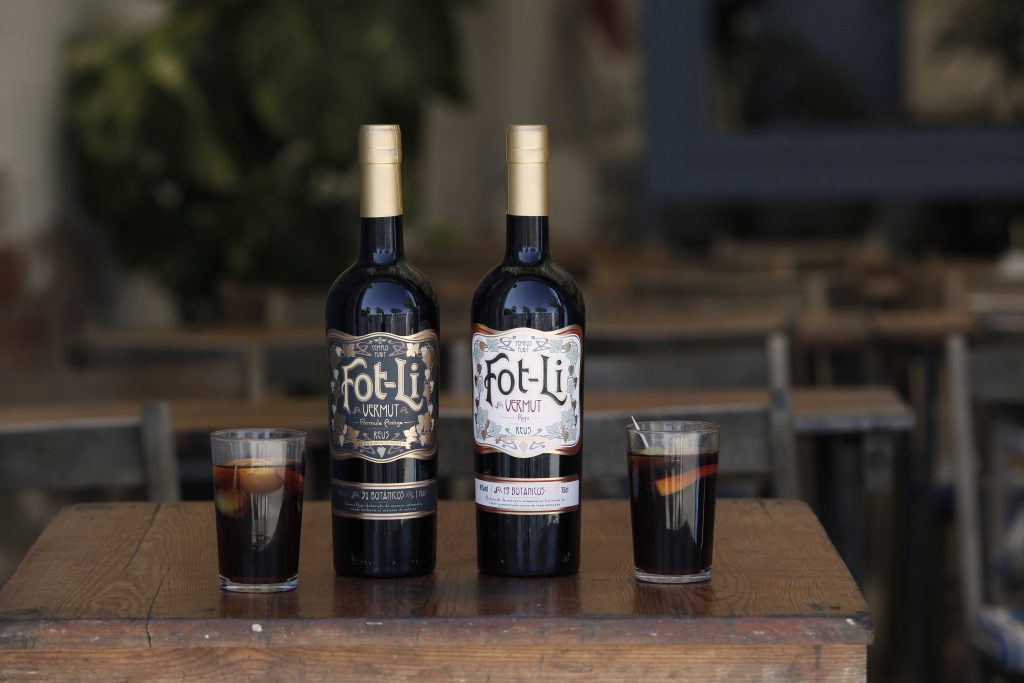Stroll through Barcelona on a sunny Sunday, and you can be sure to stumble across crowds of people sitting outside on terraces enjoying a bottle of vermouth with their friends. The ‘vermuteo‘ – as the practice is called – is enjoying a true revival in Barcelona and other major cities in Spain and elsewhere. As popular as it is today, this spirited drink has a long history with origins in Germany and Italy as well as the Catalan city of Reus.
Vermouth’s Origin
The etymological origin of ‘vermouth’ comes from the German word ‘wermut‘ – the name of the most important herb (Artemisia absinthium) used in the production of this fortified wine, providing it with its distinctive bitter taste. The ‘wermut‘ – or wormwood in English – is also used for the production of absinthe. The process of production is based on an infusion of herbs and fruits with white wine. Originally, vermouth was used for medicinal purposes, but in the 18th century, when the beverage arrived in Italy, the use changed. It was in the north of Italy, specifically in Torino, where vermouth started to be served as an alcoholic beverage. This is how Torino became the most important capital of production of vermouth in the world, and it’s now home to some of the most world-famous brands such as Martini or Cinzano.
Catalan Vermouth
In the 19th century, vermouth was introduced to the Catalan market. The first place where vermouth arrived from Italy was Barcelona, concretely in the district of Sant Marti. The drink’s popularity expanded rapidly across Catalonia and made its way to the provincial city of Reus. At that time, Reus was one of the most important capitals of liquor production in the world, competing at the same level as Paris and London. It was ‘the golden age’ for the production of alcoholic beverages, and vermouth arrived on the scene at the right time. During the 19th and 20th centuries, there were over 30 vermouth producers in Reus alone, and the passion for the production and exportation of the bitter beverage was immense. So much so that one of the local producers, the Rofes factory, had its wine cellar connected to the train station through special tunnels to export the product all over Spain. Although the space today no longer operates as a vermouth factory, it is home to a restaurant of the same name, Rofes, where guests can enjoy some typical Catalonian dishes and, of course, a glass of vermouth to accompany it all.


